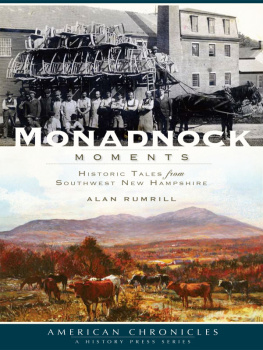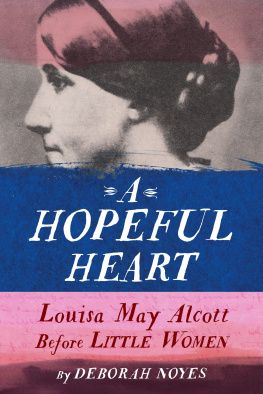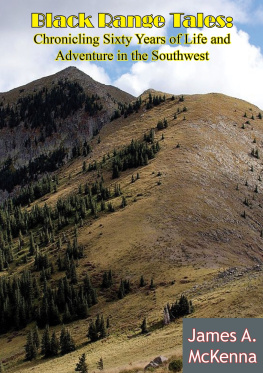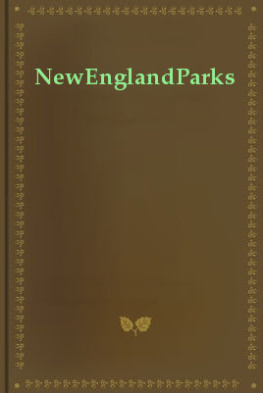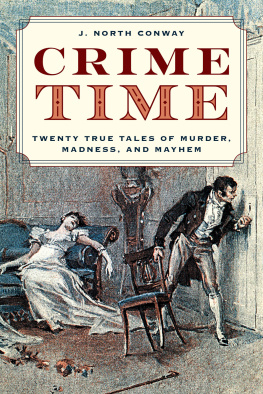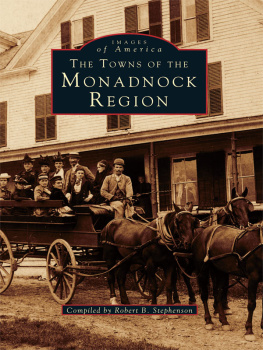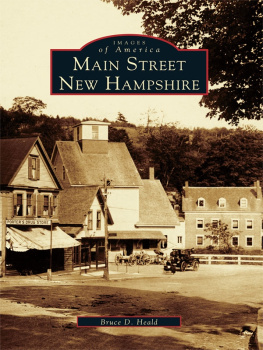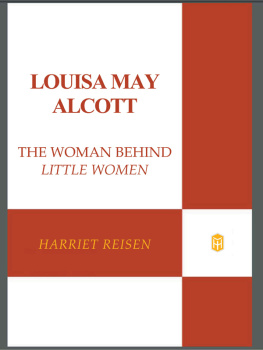
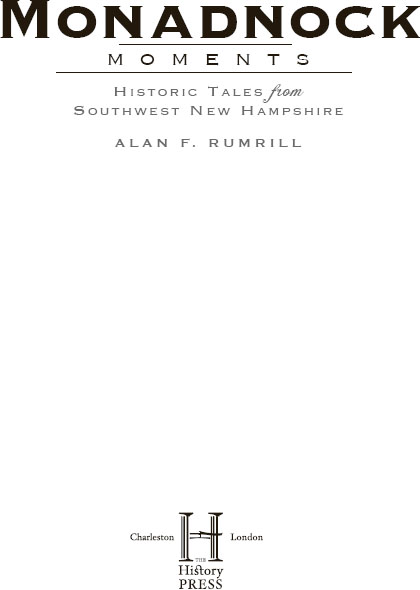
Published by The History Press
Charleston, SC 29403
www.historypress.net
Copyright 2009 by Alan F. Rumrill
All rights reserved
Front cover: Oil paintings of Mount Monadnock by William Preston Phelps. Courtesy of Marie Royce Ruffle.
All photos courtesy of the Historical Society of Cheshire County.
First published 2009
e-book edition 2013
Manufactured in the United States
ISBN 978.1.62584.258.9
Library of Congress Cataloging-in-Publication Data
Rumrill, Alan F.
Monadnock moments : historic tales from southwest New Hampshire / Alan F. Rumrill.
p. cm.
print edition ISBN 978-1-59629-740-1
1. Monadnock, Mount, Region (N.H.)--History--Anecdotes. 2. Monadnock, Mount, Region (N.H.)--Description and travel. I. Title.
F42.C5R86 2009
974.29--dc22
2009036542
Notice: The information in this book is true and complete to the best of our knowledge. It is offered without guarantee on the part of the author or The History Press. The author and The History Press disclaim all liability in connection with the use of this book.
All rights reserved. No part of this book may be reproduced or transmitted in any form whatsoever without prior written permission from the publisher except in the case of brief quotations embodied in critical articles and reviews.
CONTENTS
ACKNOWLEDGEMENTS
I must begin by expressing my appreciation to the board of trustees of the Historical Society of Cheshire County for its support of this project and of the Monadnock Moments radio program. This book would not have been possible without its enthusiastic support of the development and airing of the Moments program for twenty years.
I also want to thank Marie Royce Ruffle for sharing the wonderful Mount Monadnock painting by William Preston Phelps that graces the cover of this book. Acknowledgement also goes to Julie Dickson, who spent hours arranging and formatting the text; Kathy Schillemat also assisted with the preparation of the text for publication. The editorial skills of Catherine Behrens were essential in converting the Moments from radio script to book text.
Finally, it would be impossible to share these historical vignettes without the work of the many individuals in the past who recorded the information on which these stories are based. This includes local historians who consciously wrote history, but it also includes town clerks, court scribes, newspaper reporters and many others who recorded details every day that have now become history. Their work makes it possible for us to share history for the enlightenment of current and future generations.
INTRODUCTION
Twenty-five years ago I was given a cassette tape containing a number of short local historical tales that had been prepared for a Peterborough, New Hampshire radio station by Fritz Wetherbee. The idea of local history vignettes delivered via the airwaves appealed to me. This might be a new way for the Historical Society of Cheshire County to share Monadnock regional history and to gain more exposure at the same time. I approached a Keene radio station, which agreed to give the society radio time if I would research, write and deliver the programs.
Since that time, Fritz Wetherbee has moved from radio to television and has perfected the art of telling stories of New Hampshire history via that medium. My first radio program, named Monadnock Moments, was played on radio station WKNE AM in July 1985. For the next twenty years, I researched and recorded a new Moment to be played each weekmore than one thousand recordings in all. These two-minute historical tales were presented as a public service by WKNE and the historical society.
The radio was a way for us to share history with a much wider audience than we normally reachedan audience that might not visit the historical society to learn about local history through the organizations other programs. Monadnock Moments also helped me to learn more about local history and to present it in a way that was entertaining to others. I immersed myself in research once a month to find tales that were a little out of the ordinary. Successful businessmen, politicians and soldiers were included in the Moments, but so were tales of disaster, murder, wild animals, con men and the resourcefulness and accomplishments of the ordinary residents of southwest New Hampshire. The most popular stories were those that illustrated how individuals lived, worked and persevered in the past. Listeners could take something from those stories and use them as guides in the present.
Many Monadnock Moments listeners encouraged the historical society to publish the Moments over the years, but that was not seriously considered until The History Press approached the society and asked us to do exactly that. This book contains more than one hundred Moments that have never been compiled in print before. Some of these tales are familiar to local history buffs, but some had never been shared publicly before they were aired on the radio. We hope that all of them will entertain readers and help them to understand more clearly how the Monadnock region developed into the unique place that it is today.
COLONIAL HISTORY
DR. OBADIAH BLAKE
Dr. Obadiah Blake, born in Wrentham, Massachusetts, in 1719, was one of the first settlers of Keene in the late 1730s. He was also one of the first physicians in the town, serving the region for many years.
Dr. Blakes account book from the late eighteenth century gives us a view of a medical profession quite different from what we are familiar with today. Most of his work involved house calls. He traveled far and wide, with regular customers in Croydon, New Hampshire; Athens, Vermont; and Royalston, Massachusetts. He traveled on horseback, with his medicines and instruments in his saddlebags.
Dr. Blakes fees were small and usually paid in vegetables, grain or other produce. Joshua Osgood paid two bushels of beans for several visits and medicines in 1785. Asahel Blake paid his one pound, two shilling bill with one house clock in 1786. Francis Drake paid his medical bill by chopping wood for Dr. Blake. It was common for Dr. Blake not to be paid at all. For example, one account was settled by running away, and another was cancelled in full by poverty. The one pound, ten shilling account of Robert McNeal was settled by death.
Despite the long hours, small or nonexistent pay and long journeys in all types of weather, Dr. Blake lived a long and full life. He passed away in 1810 at the age of ninety-two. Dr. Blake bequeathed his saddlebags, vials and lancet to his son Obadiah Jr., who had followed his father into the field of medicine.
WARNING OUT OF TOWN
One of the more unfriendly customs practiced by our ancestors was known as warning out of town. When a new family that did not own land arrived in town during the 1770s, 1780s and 1790s, the constable would often pay them a visit and warn them to leave town.
This custom was not as cruel as it seems. Laws were in place that required that poor people should be cared for at the expense of the town where they settled. If a new family arrived that the selectmen thought might become a welfare burden, they would send the constable with a warrant to warn the family out of town. In reality, this was a legal maneuver, and the people were not truly expected to leave the town. If a warrant of this type was recorded within one year of the date when a family arrived, the town could not be held responsible for their care in the future.
Next page
